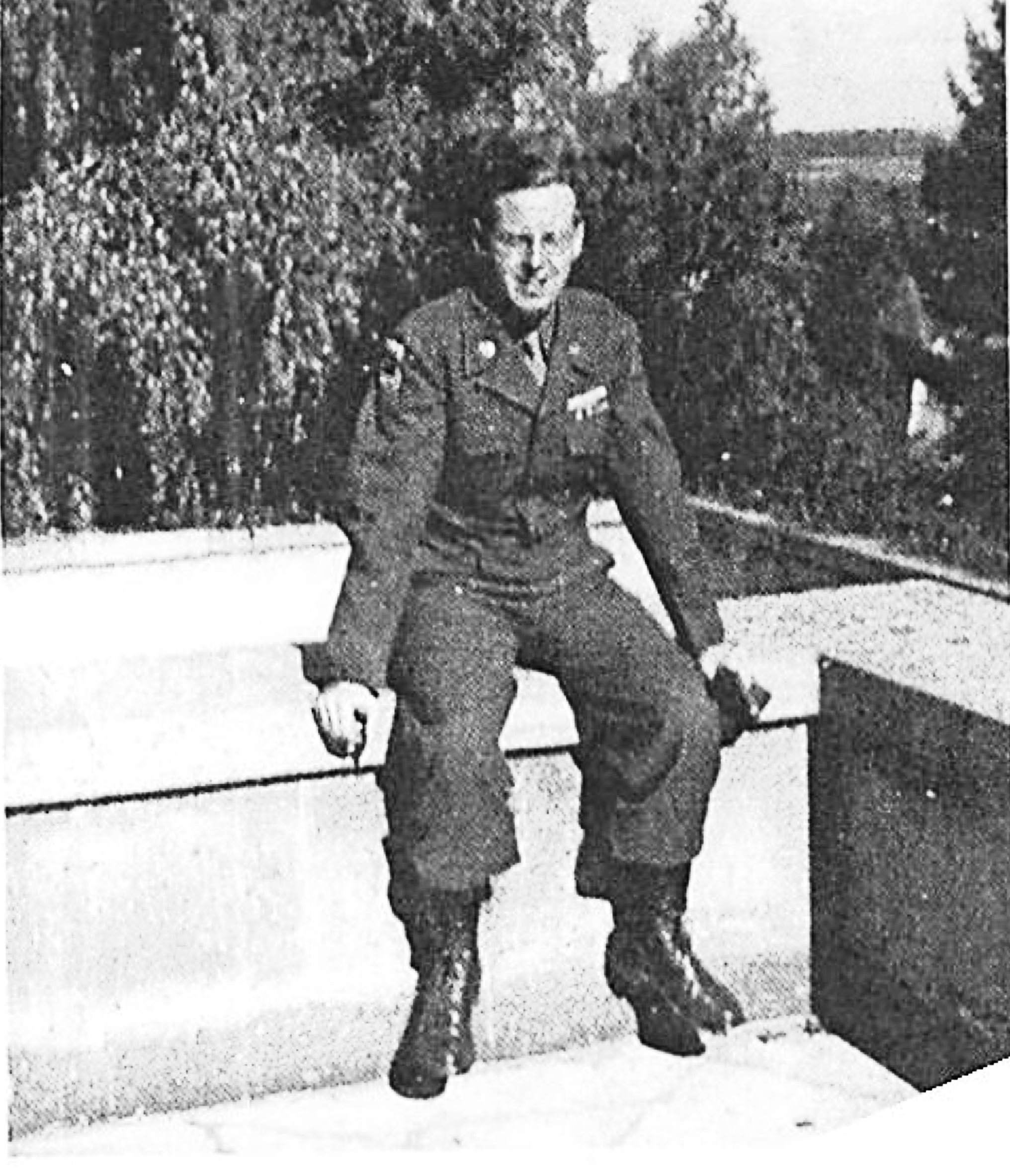5:31 | Fred Lott was first gunner in a machine gun squad, training in England at the end of 1944. Half his battalion was sent to help at the Battle of the Bulge. He was left behind and began trying to get used to the new replacements. Finally, the day came for him and he went down the cargo net like so many before.
Keywords : Fred Lott England machine gunner Battle of the Bulge replacements Le Havre France

He was drafted in 1943, but the Army sent Fred Lott to college to study engineering. That abruptly ended and he was sent to the newly activated 69th Infantry Division, which was training in the heat of Mississippi.
Fred Lott didn't get a good impression of rural Mississippi. Maybe it was the tough infantry training. The trip to England in a troop ship was marred by seasickness, but the English people and countryside were enjoyable once he got there.
As the advance into Germany began, Fred Lott was finally put on the front line. German shelling and strafing could not slow the advance and their army was sorely depleted. The Allied effort was looking good.
It was eerily quiet on the front line when there was no firing. Fred Lott's squad was sent out into the stillness to deliver food to an outpost. They were following a telephone wire until they came to a cut in the line. The other end was nowhere to be found. Now what?
At night the GI's would stay in German houses. Fred Lott recalls the time they threw a lot of the resident's belongings into the yard and a woman began weeping. From then on, they treated the displaced German civilians with respect, which was returned. At one house, a howitzer battery was placed a little too close for comfort.
There were a couple of times in Germany when Fred Lott thought that he would surely get an award or something. The first time was when he found a picture of what looked like some SS VIP's. The second was when his unit outflanked a German unit and captured many prisoners. Neither one worked out for him.
Fred Lott's unit was at the Remagen bridge, but they crossed on the newly built pontoon bridge. The German forces were fleeing as fast as they could and the Americans were right on their heels. There was a lot of surrendering, including a surprise group of Polish WAC's.
The end was near. American GI's had moved through Leipzig and were pushing deeper into Germany. There was a meeting with Russian forces, which drew a lot of American brass hoping for a photo op. Fred Lott's unit was being held in reserve and they had a softball game going when word came of the German surrender.
Fred Lott didn't have enough points to return home after the German surrender, so he extended and transferred to a finance outfit in a German resort town. It turned out to be a great last assignment.

Photographs from the late push into Germany and from after the war.